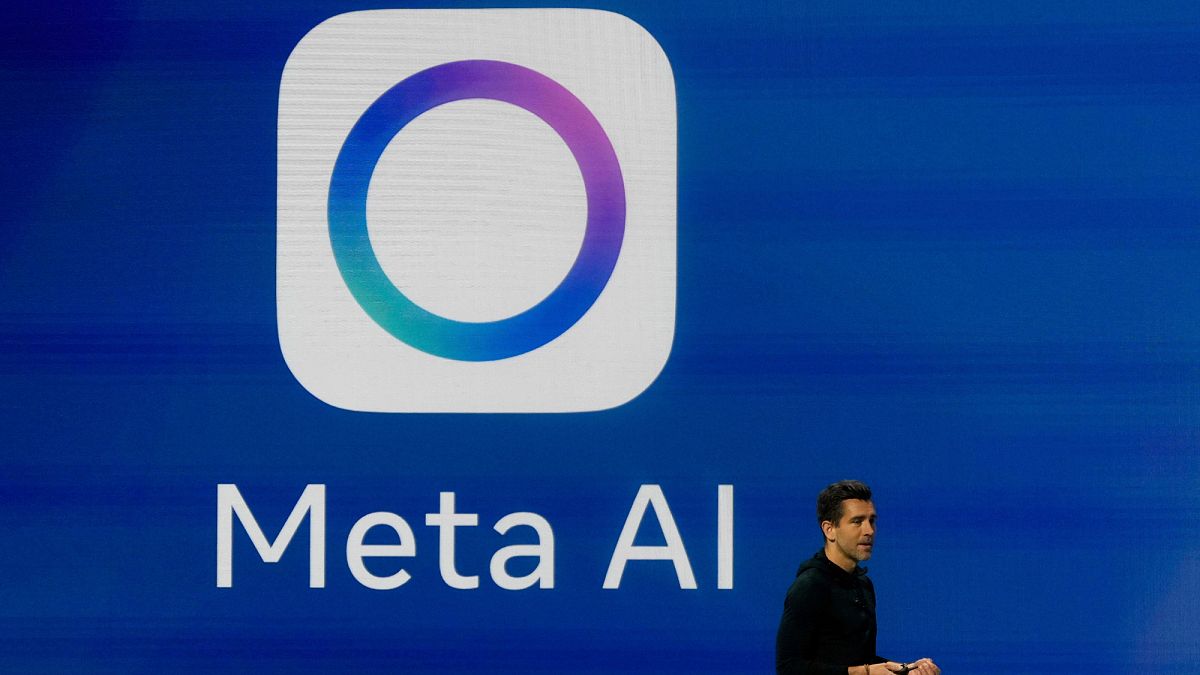

In an age defined by rapid technological advancements, Europe stands at the forefront of both regulation in technology and achievements in the realm of science. Recent developments highlight the dynamic interactions between cutting-edge technologies, legislative frameworks, and groundbreaking scientific progress.
Italy’s regulatory attention has recently focused on Meta’s activities within its borders, igniting discussions across the European technological landscape. The Italian antitrust authority has embarked on an investigation into Meta’s WhatsApp AI chatbot for potential breaches of the European Union’s competition laws. This inquiry encapsulates the broader regulatory efforts across Europe to ensure that technological innovations operate within fair and competitive bounds. Meta, known for its pivotal role in shaping social technologies, faces scrutiny that exemplifies the continent’s commitment to maintaining balanced market conditions.
Simultaneously, the European Union is witnessing diverse responses from major tech giants regarding the AI Code of Conduct, a voluntary framework designed to guide ethical developments in artificial intelligence. Google has affirmed its intent to commit to this framework, albeit with expressed concerns, reflecting a cautious yet collaborative spirit among tech leaders. Notably, Meta remains the sole significant technology entity in the United States opting out of this voluntary agreement, underscoring ongoing conversations about the interplay between regulation and innovation.
The landscape of technology and governance is further colored by the endeavors of individuals inspired by visionary leaders. In the United Kingdom, Zia Yusuf, a tech millionaire fueled by aspirational visions akin to those of Elon Musk, is designing initiatives aimed at reshaping governmental paradigms. His effort to assemble a political movement positions technology as a catalyst for socio-political reform, indicating a trend where tech entrepreneurs actively engage with policy-making processes to drive change.
Amid these developments in technology and governance, moments of scientific achievement shine brightly. In the realm of astronomy, Professor Michele Dougherty has made history by becoming the first female UK Astronomer Royal. As a distinguished planetary scientist involved with the NASA Cassini mission, Dougherty has significantly contributed to revealing the potential for extraterrestrial life on Saturn’s moons. Her appointment represents a milestone for gender representation in scientific honors, echoing broader trends towards inclusivity and diversity in prestigious spheres.
The acknowledgment of Dougherty’s contributions highlights the intersection of dedication, discovery, and gender progress, charting a course that inspires future generations of women in science. This historic honorary title, awarded since 1675, now carries new significance as it aligns with evolving narratives of equality and recognition.
As Europe navigates the confluence of technology regulation and scientific pursuits, the advancements reflect a mindful balancing act. The oversight of AI platforms like those of Meta underscores a vigilant commitment to ethical technological growth. Meanwhile, the contributions of leaders like Zia Yusuf and Michele Dougherty embed technology and science at the heart of cultural and governmental progress.
These stories, each with their own context and implications, collectively illustrate how Europe’s engagement with technology and science not only addresses immediate challenges but also sows seeds for future developments, where innovation and regulation march hand in hand towards a shared vision of progress.
Source: {link}
